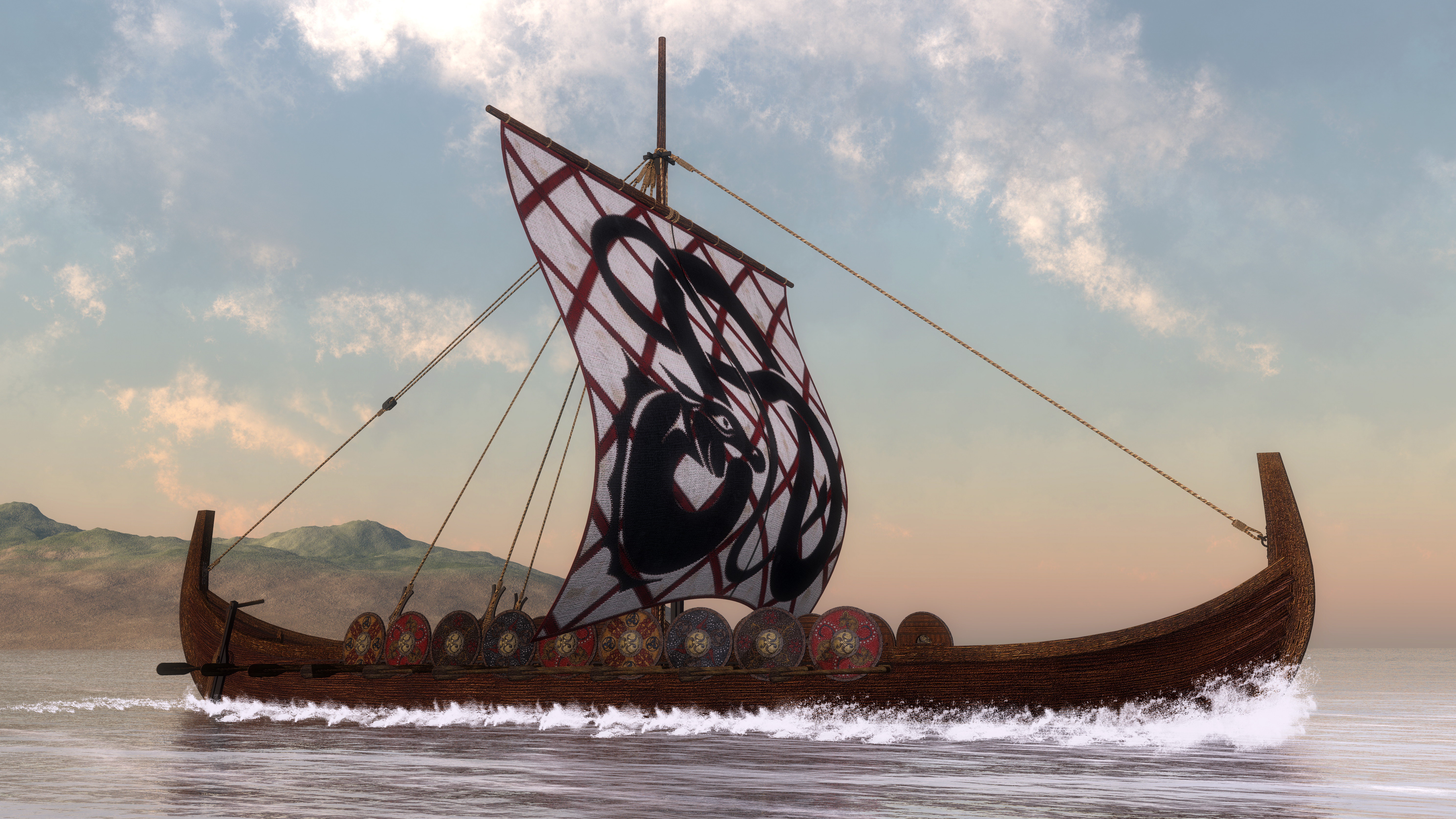
One last post on the harsh brutality of warfare in ancient days before diving into what few financial tidbits are visible from the Viking Age.
The Sea Wolves: A History of the Vikings, by Lars Brownsworth, points out there was plenty of brutality to go around.
In footnote 57 on page 273 he tells us there are reports that several churches in southeastern England that used the flayed skin of Vikings to upholster the doors to their building.
Just so we can picture this, the concept is the good, upstanding, God-fearing, bible-believing Christian men would use knives to skin some captured Vikings alive, which would obviously result in their slow death after being separated from enough of their skin, tan the human skin like they would a cow hide, and use the cured skin to upholster the exterior or interior or both sides of the front doors to the church.
Um, the Vikings didn’t have a monopoly on brutality.
Annihilation
I don’t have a string of specific quotes for this next observation, but have seen the comment many times over.
Often a discussion of a particular battle has a comment that the losing side was completely annihilated. As in, every soldier on the losing side was killed.
The reports say sometimes it was the Vikings who did the massacres and sometimes it was the Viking forces that were killed to the last man.
One time a group of Viking sailing ships were surprised and not one of the ships or warriors survived. Or another time one group in the field got flanked and every soldier was killed. In another battle, it took a bad turn for one side and the victor killed everyone who surrendered.
Assassination and betrayal
Oh, and watch out for the king who has allied himself with you. Assuming he doesn’t change sides before the battle (or in one specific case in the middle of the battle), he might kill you after your side won and he decides he doesn’t want to share any credit or glory with you. Of course, that assumes you’re not the one already planning to kill your new ally after the battle. Or before the battle.
Several reports I’ve read are of a king who dies instantly, while in the prime of his life, or even after taking a drink of wine at a celebration. Or directly assassinated, oftentimes by a direct blood relative (brother, nephew, uncle). The ol’ become-king-by-killing-a-blood-relative trick happened amongst the English, Norwegians, and Danes.
Yeah, the ancient days were violent and viciously cruel.
Previous introductory posts on the violence of the era: